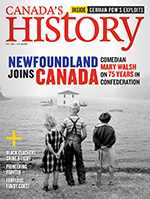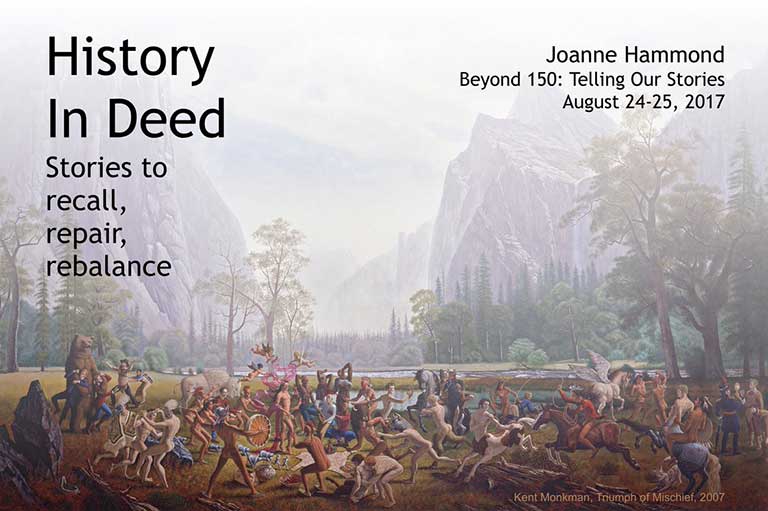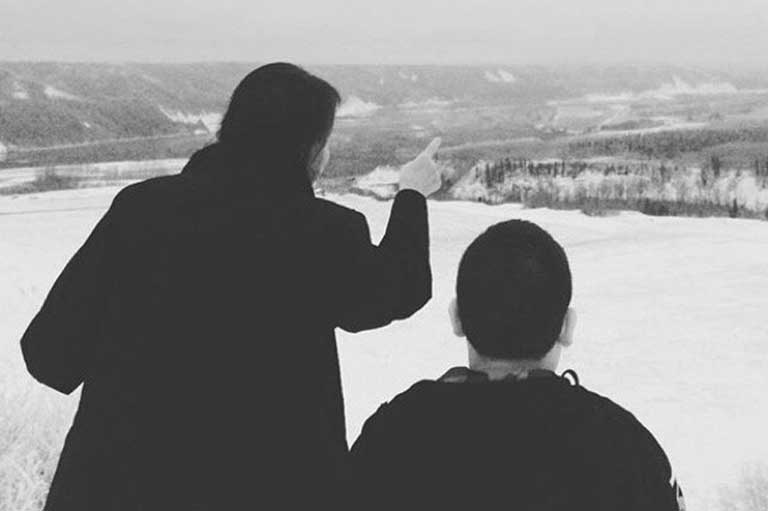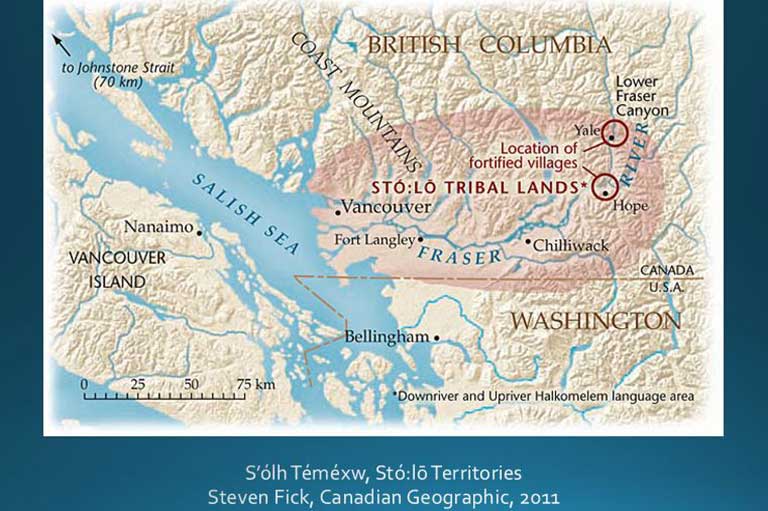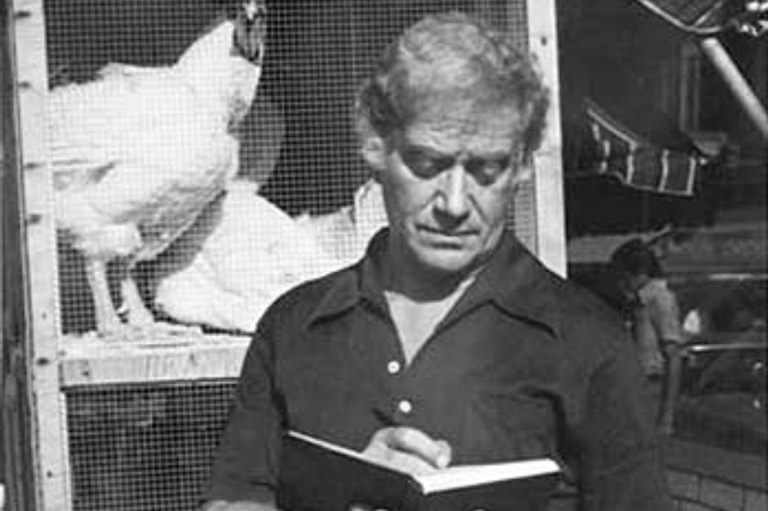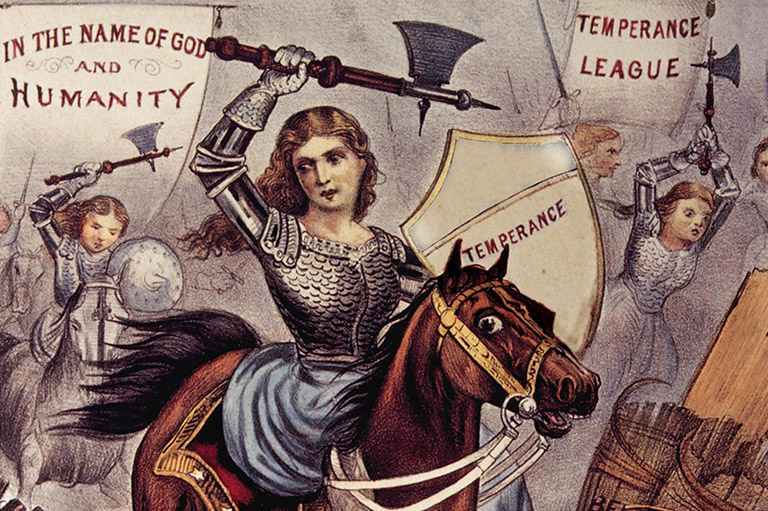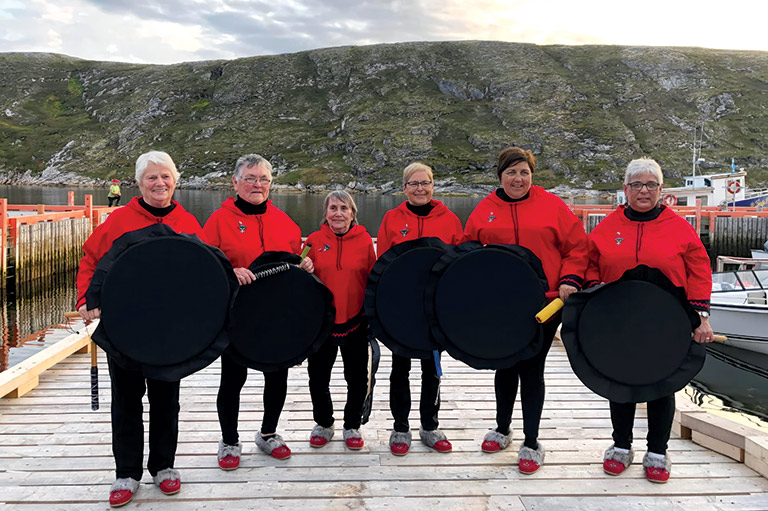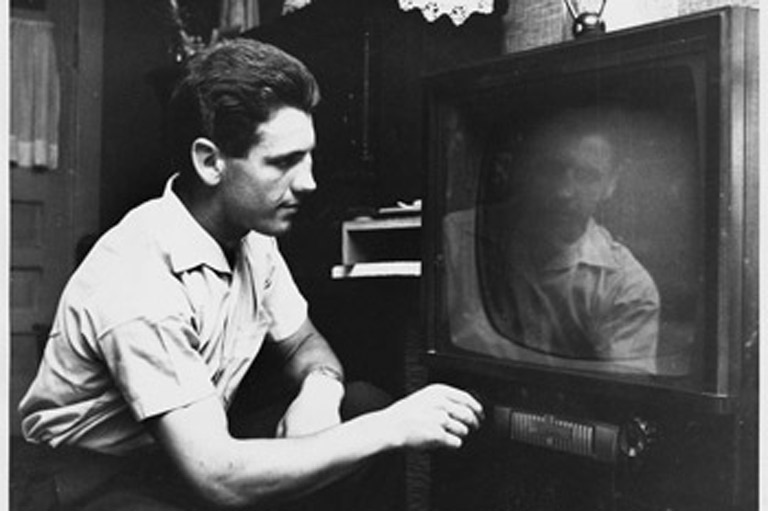Discover a wealth of interesting, entertaining and informative stories in each issue, delivered to you six times per year.
Records We Are Not Proud Of: Archival Outreach and Controversial Materials
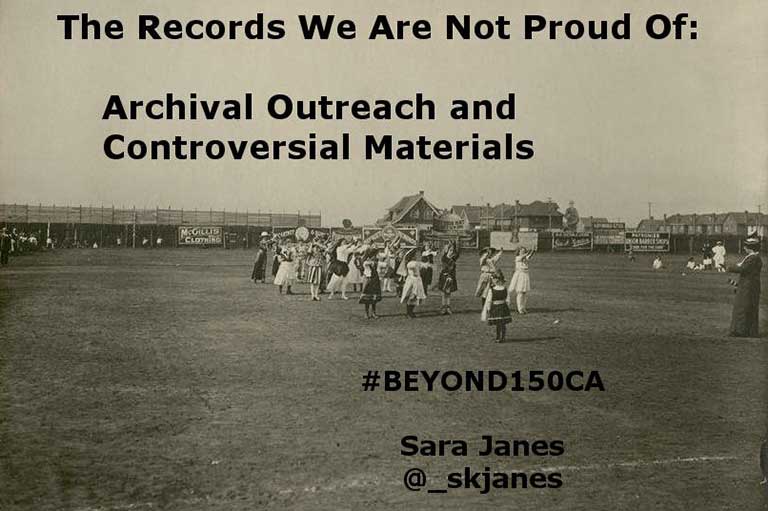
1. Tension between common practice of creating exhibits for commemorations/anniversaries, and unpleasant truths records reflect #Beyond150CA
2. Exhibit w distinctly celebratory tone: One Hundred Years of Play
Nature of ex affects how each doc/image is viewed in context #Beyond150CA

3. There was plenty of related material we chose not to include: reflected racist, sexist, ableist thinking and programming #Beyond150CA
4. Photos of children dressed as “Indians” at camp, on land that had been FWFN land until 1917: The Importance of the Duty to Consult & Accomodate #Beyond150CA
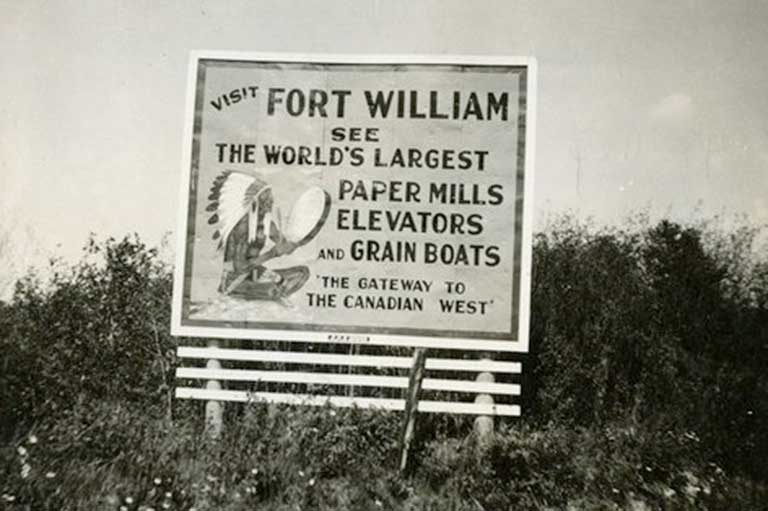
5. TBay has long hist of appropriating Indigenous image for marketing+entertainment: 1930s roadside #Beyond150CA
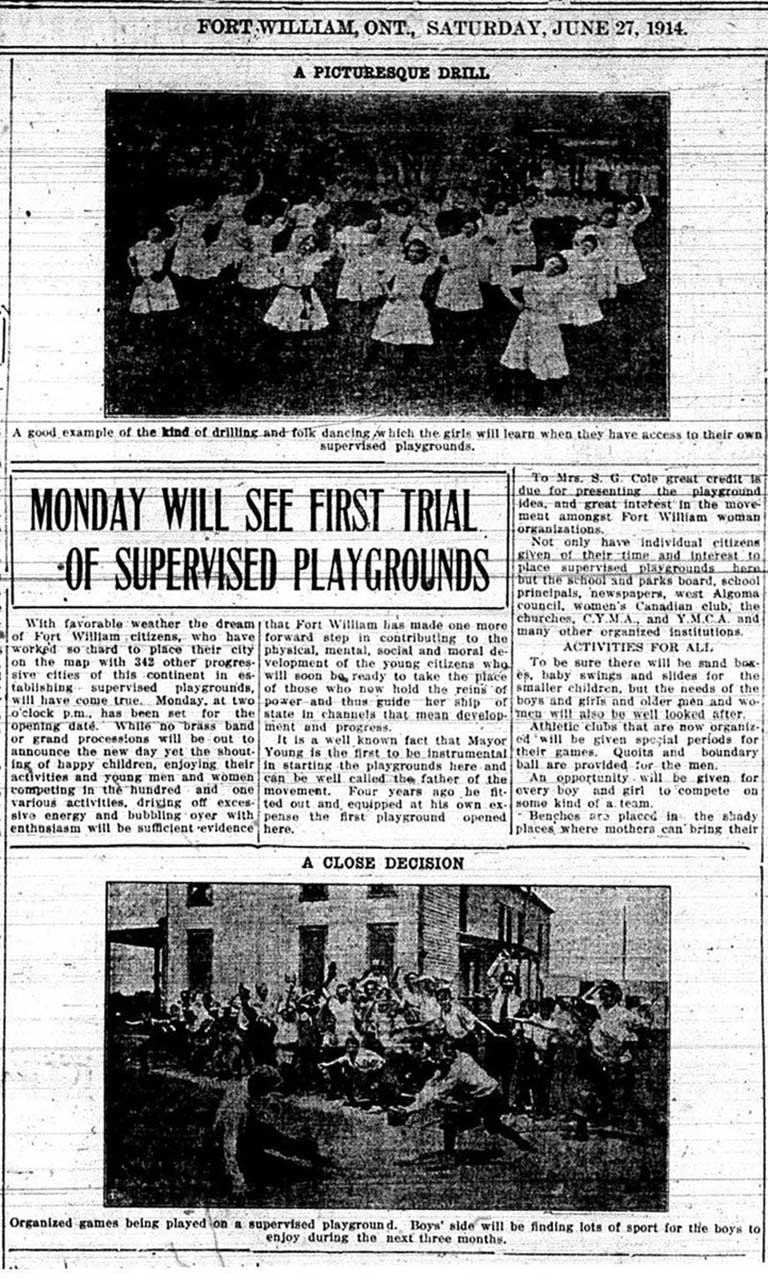
6. While playgrounds included kids with diff languages, immigrant backgrounds, family income--but not Indigenous children #Beyond150CA
7. Important to keep+recognize, but celebratory exhibit can’t contextualize those images enough. Other perspective necessary #Beyond150CA
8. Access isn’t neutral: a person may be impacted differently by archival records depending on context+conditions of access #Beyond150CA
9. Mat’l then not just restricted or open, but must be judged suitable (or not) for different types of publication and sharing #Beyond150CA

10. (Other examples: photos of blackface performance, human remains. Important to document, but not gonna share to facebook) #Beyond150CA
11. Making these decisions is a key part of archival work, but often discussed in terms of legalities, individual privacy #Beyond150CA

12. It’s easy to value openness, want to share everything in the name of access, outreach, and supporting research #Beyond150CA
13. But the impact that archival records have on people is worth considering carefully. Can be unintended consequences #Beyond150CA
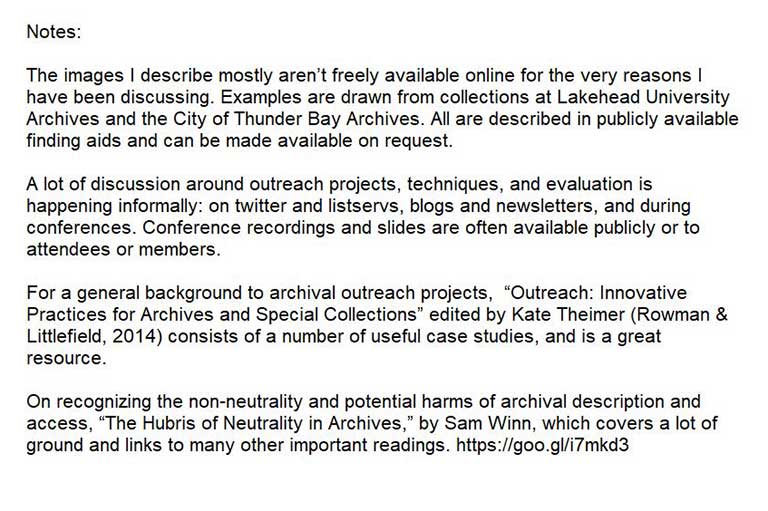
14. Esp when they demonstrate the past mistreatment of minority groups, or are/contain symbols that are actively hurtful today #Beyond150CA
15. Responsible for preserving+presenting documents; equally responsible so access to hist. records available+welcoming to all #Beyond150CA

If you would like to see the comments and questions shared in response to Sara Janes' presentation, please explore the presentation on Twitter. You can follow Sara Janes on Twitter @_skjanes.
Sign up for any of our newsletters and be eligible to win one of many book prizes available.
We hope you will help us continue to share fascinating stories about Canada’s past.
We highlight our nation’s diverse past by telling stories that illuminate the people, places, and events that unite us as Canadians, and by making those stories accessible to everyone through our free online content.
Canada’s History is a registered charity that depends on contributions from readers like you to share inspiring and informative stories with students and citizens of all ages — award-winning stories written by Canada’s top historians, authors, journalists, and history enthusiasts.
Any amount helps, or better yet, start a monthly donation today. Your support makes all the difference. Thank you!

